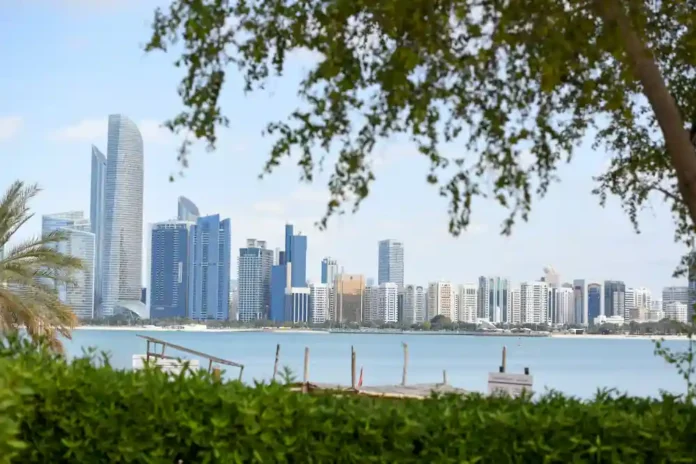In a significant stride forward, the United Arab Emirates has ascended three places to secure the seventh spot in the prestigious IMD World Competitiveness Ranking for 2024.
This achievement underscores the UAE’s robust economic growth and steadfast commitment to diversification efforts amid a challenging global landscape.
Released annually by the IMD World Competitiveness Center, the report highlights the UAE’s exceptional performance across multiple key indicators. The country was particularly lauded for its business-friendly environment, economic dynamism, reliable infrastructure, and competitive tax regime.
Notably, the Emirates ranked second globally for economic performance, a testament to its resilience and strategic economic policies.
His Highness Sheikh Mohammed bin Rashid, Vice President and Ruler of Dubai, expressed gratitude to the government, economic, and development sectors for their unified efforts in driving the UAE’s progress.
“Our thanks and appreciation go to all the teams who work with one spirit to achieve a single goal: the advancement of the United Arab Emirates,” Sheikh Mohammed stated.
The IMD World Competitiveness Ranking evaluates 67 economies based on factors such as economic performance, government efficiency, business efficiency, and infrastructure quality.
Singapore clinched the top position, followed by Switzerland and Denmark, highlighting the global competitiveness landscape dominated by innovation and efficiency.
Among other GCC countries, Qatar moved up to 11th place, Saudi Arabia moved to 16th, and Bahrain climbed four spots to secure the 21st position. This regional advancement reflects the collective progress in economic reforms and infrastructure development across the Gulf region.
Looking ahead, the UAE’s economy is poised for continued growth, with a projected GDP expansion of 4% annually in 2024, according to the International Monetary Fund. This optimistic outlook is fueled by ongoing governmental reforms and robust non-oil sector expansion initiatives.
The IMD report also identifies key global competitiveness challenges for 2024, including the transition to a low-carbon economy, integration of emerging markets, and harnessing digital transformation. These trends underscore the evolving landscape where adaptability and innovation will be crucial for sustaining competitiveness.
Moreover, the adoption of artificial intelligence (AI) emerges as a pivotal factor in shaping global business environments. The report emphasizes the need for companies to implement AI systems effectively to enhance efficiency while navigating potential disruptions.
In addressing environmental concerns, the report highlights a growing awareness of the shift towards zero emissions yet cautions about the insufficient attention given to environmental risks in business strategies.
Balancing short-term priorities with long-term sustainability goals remains a critical challenge for executives worldwide.
As the global economy evolves amidst AI adoption, environmental imperatives, and geopolitical complexities, the IMD World Competitiveness Ranking serves as a compass for nations and businesses navigating the competitive landscape.
In conclusion, the UAE’s advancement in the IMD World Competitiveness Ranking to seventh place underscores its resilience, strategic vision, and proactive economic policies. With a focus on innovation, sustainability, and economic diversification, the Emirates is poised to continue its upward trajectory on the global stage.
This article was created using automation technology and was thoroughly edited and fact-checked by one of our editorial staff members

